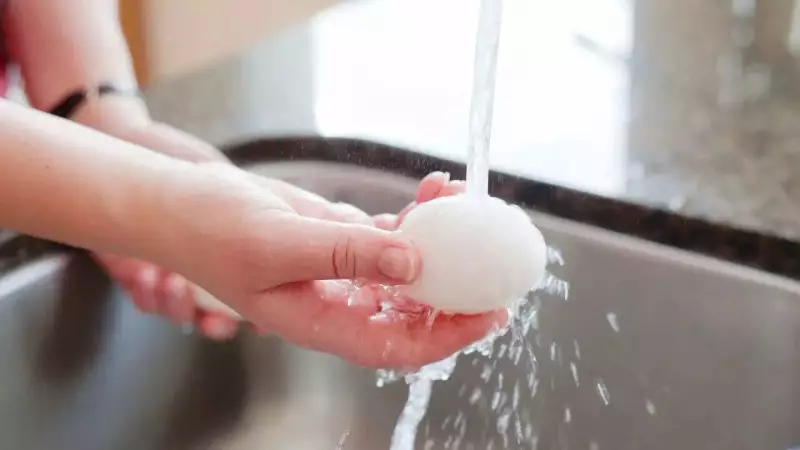
Have you been washing eggs before cracking them open? That simple kitchen habit might be doing more harm than good, according to food scientists. The age-old debate about egg washing finally has a scientific answer that could revolutionize your cooking routine.
The Natural Protection You Never Knew About
Eggs come with their own built-in security system called the "bloom" or cuticle. This invisible protective coating acts as nature's plastic wrap, sealing the shell's pores against bacteria and contaminants. When you wash eggs, you're essentially stripping away this natural defense mechanism.
Why Washing Can Backfire Spectacularly
Here's the shocking truth: washing eggs can actually push bacteria through the shell rather than removing it. The porous nature of eggshells means water can carry contaminants from the surface into the egg itself. This creates the perfect environment for dangerous bacteria like Salmonella to thrive.
The Science Behind The Warning
Research shows that moisture from washing creates a breeding ground for microorganisms. The damp shell surface allows bacteria to multiply rapidly and penetrate deeper into the egg. This is particularly concerning since Salmonella and other pathogens can survive and multiply in these conditions.
When Commercial Eggs Get Special Treatment
You might wonder why store-bought eggs look so clean. Commercial egg producers use specialized washing processes that include:
- Temperature-controlled water
- Specific detergent solutions
- Immediate drying systems
- Refrigerated storage thereafter
These industrial processes are impossible to replicate in home kitchens, making DIY egg washing a risky proposition.
The Right Way to Handle Eggs
So what should you do instead? Food safety experts recommend these practical steps:
- Store properly: Keep eggs in their original carton in the refrigerator
- Check for cracks: Discard any eggs with damaged shells
- Practice timing: Use eggs within their expiration date
- Cook thoroughly: Ensure eggs reach safe internal temperatures
- Clean surfaces: Wash utensils and countertops after handling eggs
The Exception to the Rule
There's one scenario where washing might be necessary: if you keep backyard chickens or buy directly from farms. In these cases, if you must clean visibly dirty eggs, use these precautions:
- Use water warmer than the egg temperature
- Clean just before use, not for storage
- Dry immediately and completely
- Consider using specialized egg cleaning products
The Bottom Line
For most consumers buying commercially produced eggs, the safest approach is simple: don't wash them. Trust the natural protection and commercial processing they've already received. Your best defense against foodborne illness isn't extra cleaning—it's proper storage and thorough cooking.
Remember, when it comes to egg safety, sometimes doing less is actually doing more to protect your health. The science is clear: that quick rinse might be washing away safety rather than adding it.





